The city of Bath has more museums in just one square mile than most larger cities can boast altogether, offering a wealth of remarkable stories and bringing the city’s history to life. Here's our guide to Bath's marvellous museums…
Walk in the footsteps of our ancient ancestors at The Roman Baths
Bath was founded upon natural hot springs, with the steaming water playing a key role throughout the city's history. Lying in the heart of the city, the Roman Baths were constructed around 70 AD as a grand bathing and socialising complex. The Roman Baths are one of the best-preserved Roman remains in the world, and a must-see attraction in the city.
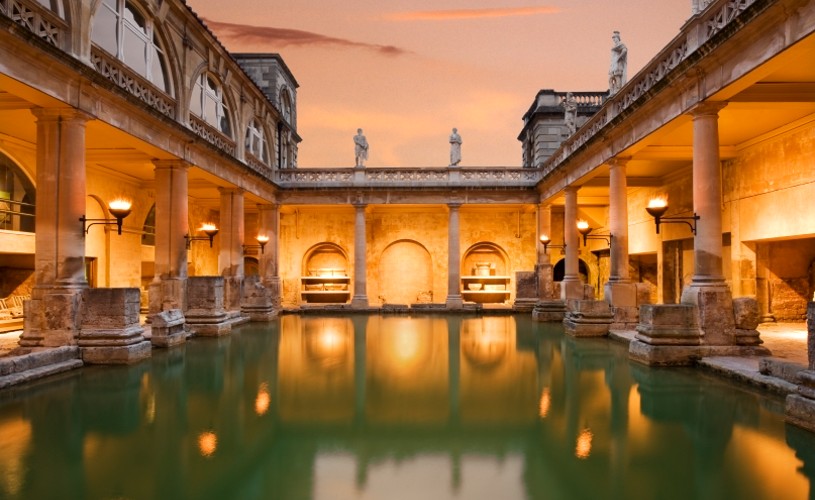
Experience Georgian Bath
Following your visit to the Roman Baths, head to the adjoining Pump Room Restaurant for a glimpse of Georgian Bath. Enjoy a Bath Bun, one of the city's local specialities, or an afternoon tea, in what was once the heart of the Georgian social scene.
For another glimpse of Bath in the Georgian era, visit the magnificent Assembly Rooms. The Ball Room, Octagon, Tea Room and Card Room were used in the eighteenth century for dancing, music and card playing, tea drinking and conversation. Please note The Assembly Rooms are temporarily closed for refurbishment, but regular tours are available to book.
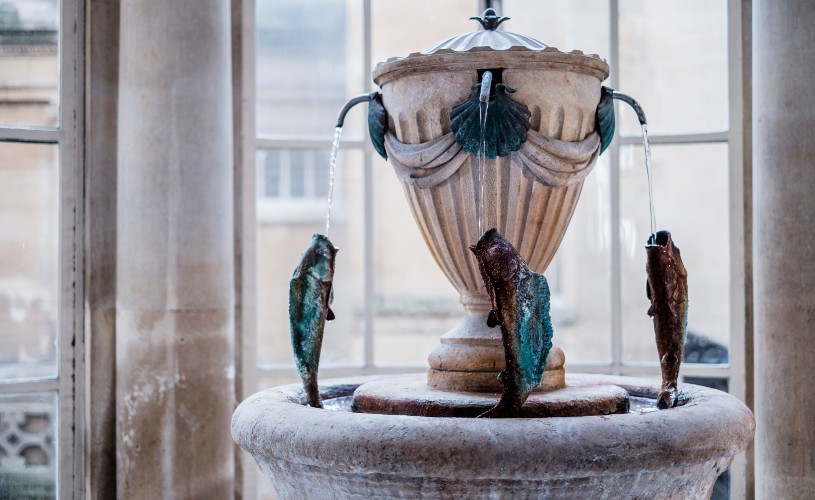
Image - The Pump Room
An adventure around Georgian Bath wouldn’t be complete without a visit to the famous Royal Crescent. The foundation stone of No.1 Royal Crescent, the first house to be built in the crescent, was laid over 250 years ago, and the house is now a museum, which offers a unique insight into the famous crescent’s history. Prepare to encounter many surprises as friendly, knowledgeable guides positioned in each room of the house reveal the secret history of the house and its former residents and guests.
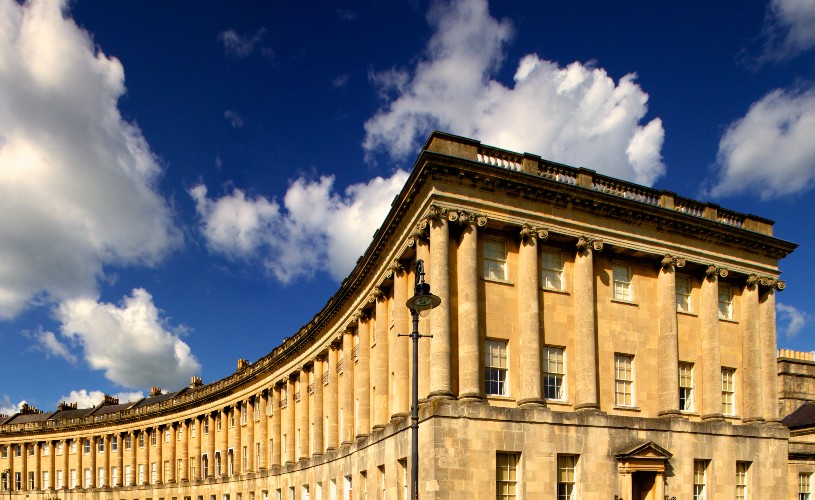
Meet Bath's famous residents
Famous Bath resident Jane Austen is celebrated at The Jane Austen Centre on Gay Street. Head there for a snapshot of what it would have been like to live in Regency times. The centre explores how the city impacted upon Jane Austen’s life and writing in much-loved books such as Northanger Abbey and Persuasion.
Jane Austen was not Bath’s only famous resident. In 1781, William Herschel discovered the planet Uranus while observing from the garden of his home in Bath. This house is now the Herschel Museum of Astronomy, where you can discover Herschel’s workshop, his music room and a charming eighteenth-century formal garden.
Image - The Jane Austen Centre
For a taste of Bath’s culinary history, visit Sally Lunn's Historic Eating House and Museum. Sally Lunn’s top-secret bun recipe is only available to try in Bath, and you can get a glimpse of her life in the downstairs museum.
Explore the life of wealthy eccentric William Beckford, who lived, in 1827, in his very own custom-made tower on the northern edge of the city, at Beckford's Tower and Museum. Through a fascinating collection of furniture, paintings and treasures, you'll get a glimpse of Beckford's life as a collector, and the countryside views from the top of the tower are definitely worth the climb!
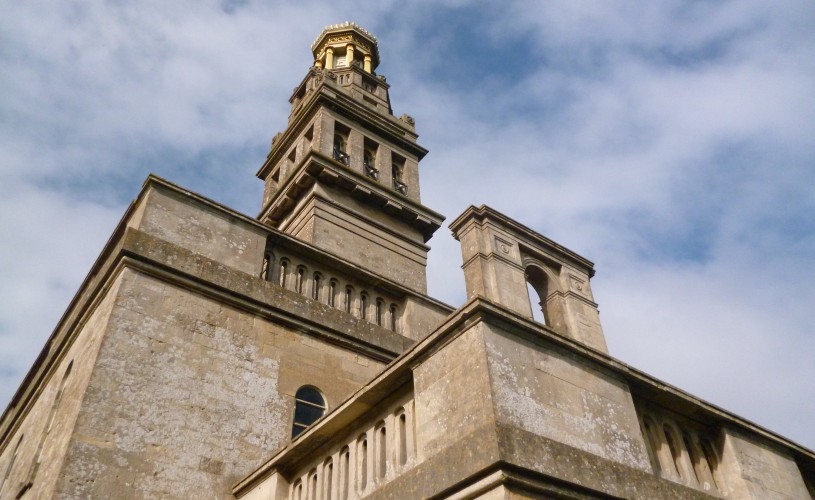
Image - Beckford's Tower
Discover how people used to live
Discover 2,000 years of Bath’s working heritage at the Museum of Bath at Work. From Roman tourism to eighteenth-century building, Victorian engineering and modern technology, you will find it all. Or head out to Glastonbury for the day to explore rural life from the 1800s onwards at the Somerset Rural Life Museum.
Learn more about the development of Bath through the ages at Museum of Bath Architecture, from its transformation from a small medieval town into the world-famous Georgian city.
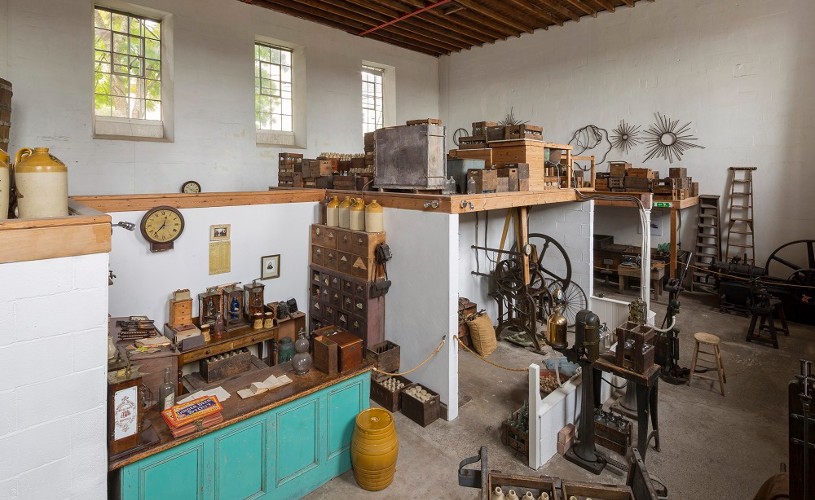
Image - Museum of Bath at Work
Get the story behind Bath's geology, archaeology and architecture
One of the most distinctive things about Bath is its golden buildings, built with local Bath stone. The Museum of Bath Stone tells the story of how this valuable resource has been used since Roman times all the way to its peak in the 18th century - the museum is open on Fridays and is free to visit!
Learn about history beyond Bath
The finest collection of Americana outside the United States of America is housed on the outskirts of Bath city centre, in the American Museum & Gardens. First opened in 1961, the museum takes you on a journey through America’s history, with a remarkable collection of decorative arts and regular family-friendly events and exhibitions.
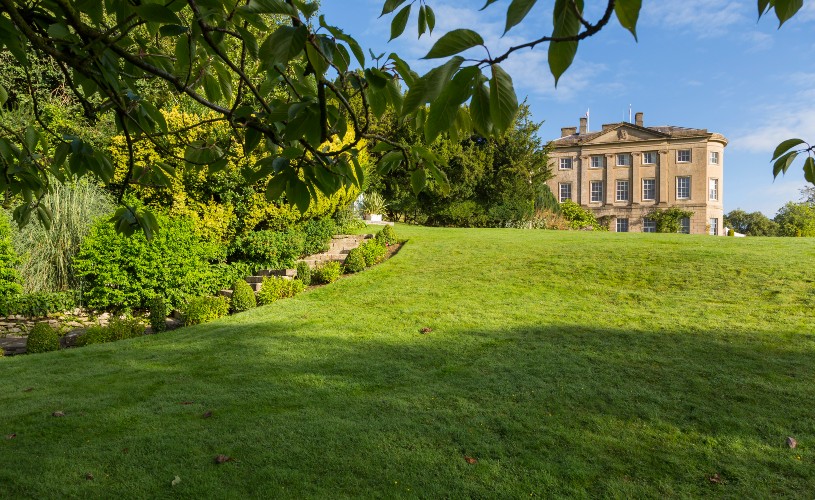
Image - American Museum & Gardens
The Museum of East Asian Art is the only UK museum solely dedicated to the arts and cultures of East and South-East Asia. The museum houses a collection of over 2,000 objects, boasting a particularly impressive collection of Chinese art, spanning from 5,000 BC to the present day. Displays include ceramics, jade, lacquer and metalware, and reveal the finest achievements in East-Asian craftsmanship.
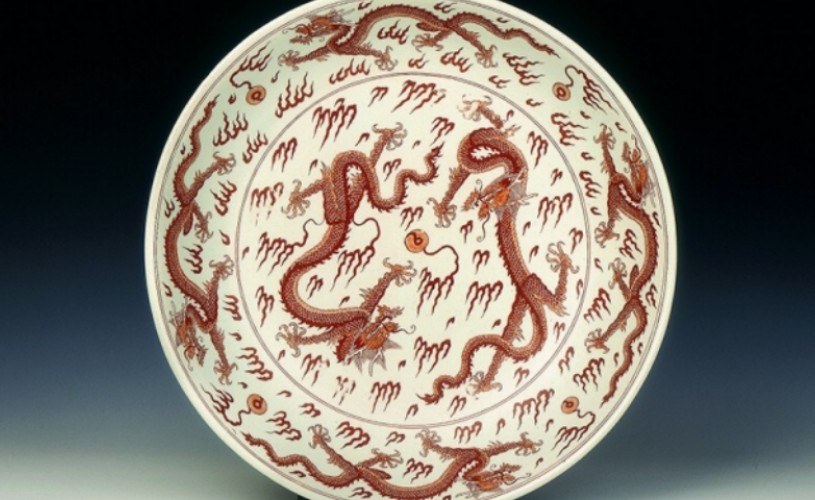
Image - Museum of East Asian Art
The Bath Royal Literary and Scientific Institution (BRLSI) is an educational charity, which specialises in the promotion and advancement of science, literature and art. BRLSI hold a programme of talks, discussions and exhibitions on science, the arts and current affairs, as well as ensuring the maintenance and exhibition of their extensive collection of books, fossils and artefacts.
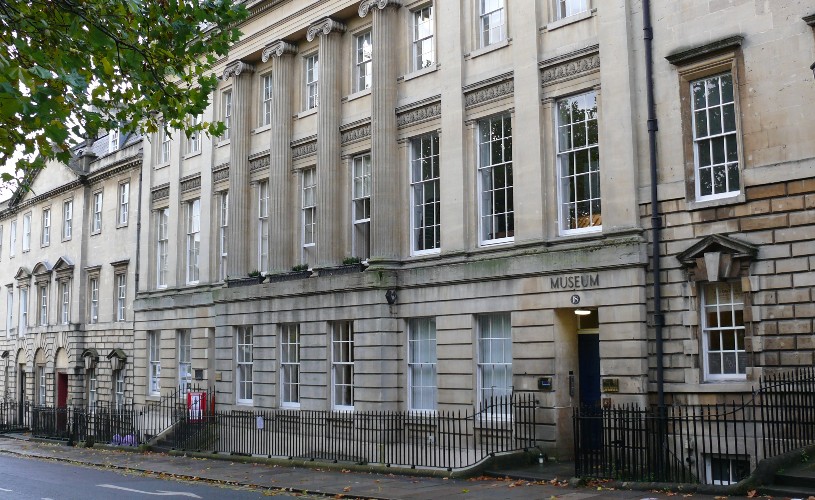
Image - Bath Royal Literary and Scientific Institution
Galleries in Bath
Situated at the end of Great Pulteney Street, The Holburne Museum is steeped in history. Originally designed as a hotel, the Holburne now houses a collection of fine and decorative art, with continually changing exhibitions on offer alongside the museum's permanent collection.
Victoria Art Gallery has an exciting and varied programme of exhibitions, as well as a stunning permanent collection from Turner and Gainsborough to the moderns. The gallery also runs a host of free family activities and events during the school holidays.
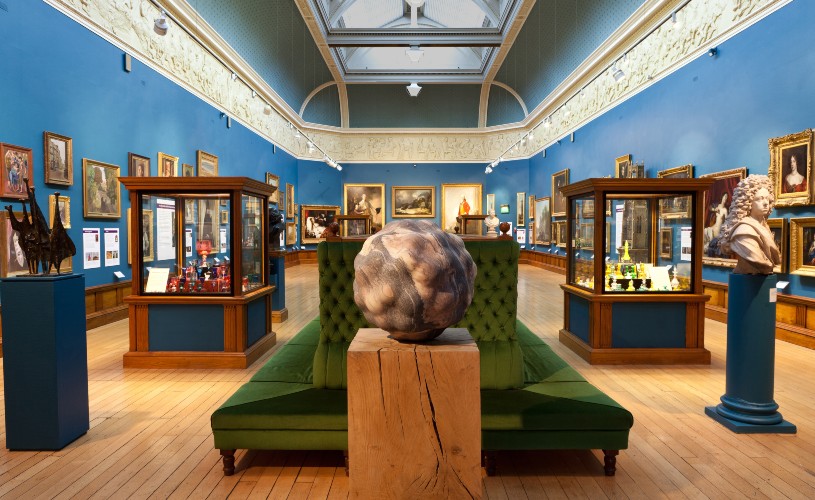
Image - Victoria Art Gallery
Read more
Related
Comments
Comments are disabled for this post.






